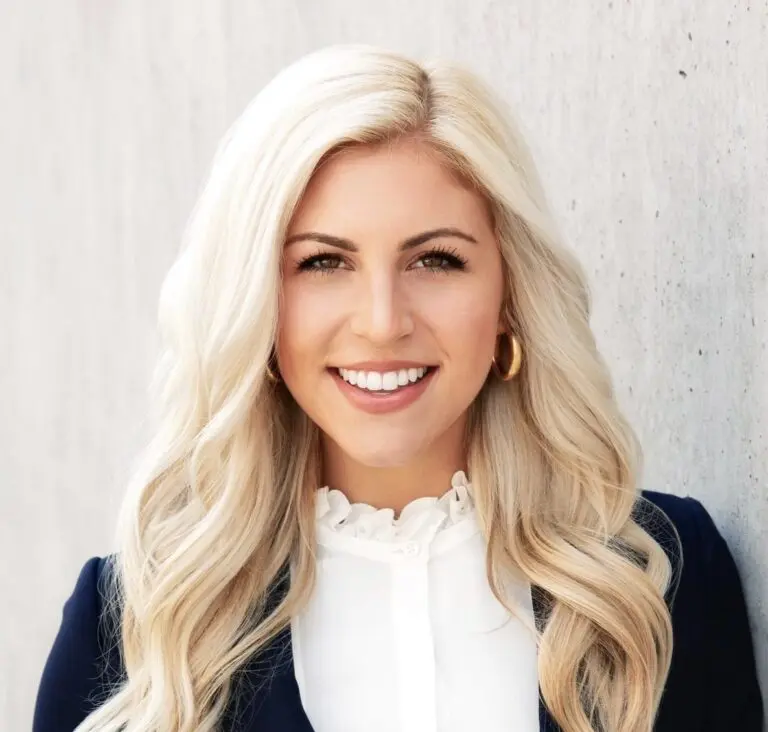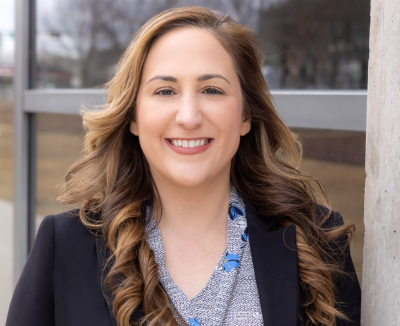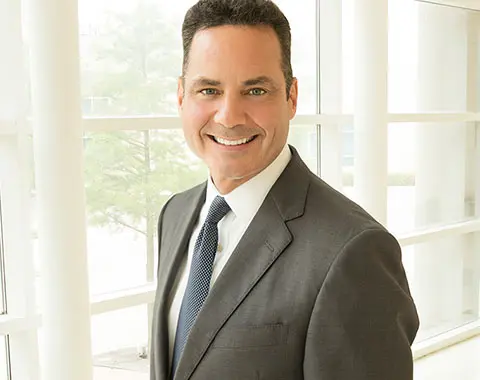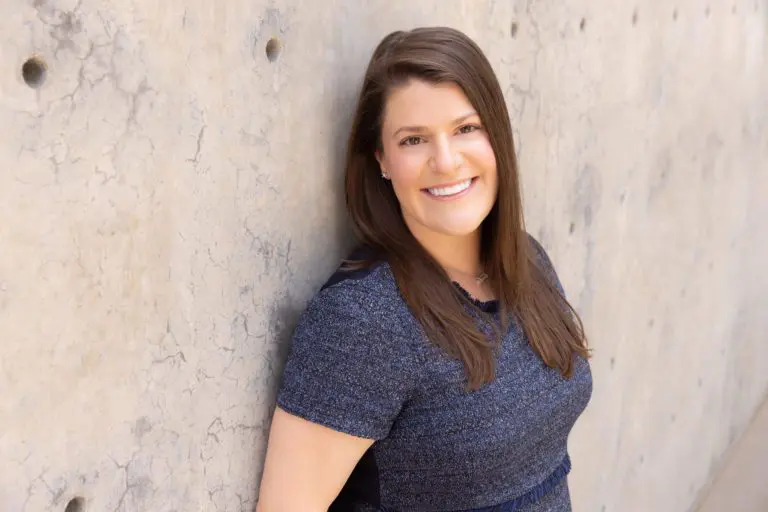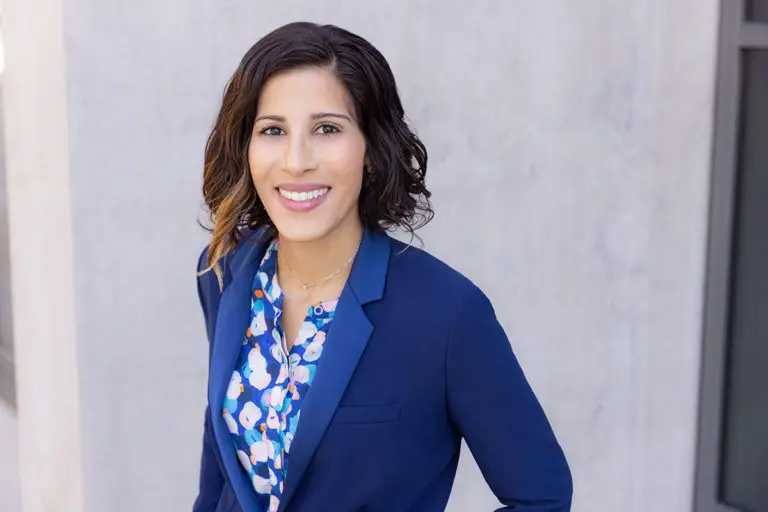Texas Mental Health, Addiction and Divorce

Compassion, Care, and Experience When You Need It Most
At Goranson Bain Ausley, our goal is to help our clients through one of the most challenging times in their lives. We estimate that over 50% of our family law cases involve either a client or spouse struggling with mental health or addiction issues. Our lawyers are experienced and confident in helping clients achieve an optimal outcome when one or both spouses have a mental health or substance use disorder.
How Do Mental Health and Addiction Issues Affect Divorce or Other Family Law Matters?
Addiction and mental health issues can put a strain on any marriage. These same issues that can affect your marriage may also impact your divorce, custody, and the division of your assets. Family law cases that involve divorce on mental health grounds require the nuanced skill, professionalism, and empathy of a lawyer with a deep and ever-evolving understanding of how mental health plays into divorce proceedings. At Goranson Bain Ausley, we start with education about mental health, addiction, and divorce. First, we listen to our clients to understand their concerns related to addiction or mental health and divorce. Then, our attorneys explain how problems in divorce due to mental health or addiction may impact various issues that come, including:
- Assigning child custody
- Determining visitation rights and schedules
- Assuring children’s safety
- Dividing property equitably
Many individuals who struggle with mental health or who have been diagnosed with a mental health disorder may feel apprehensive about disclosing their diagnosis for fear of it affecting the outcome of their family law matter. In truth, the best thing you can do is be upfront and honest about your diagnosis. In addition, showing a commitment to getting the help you need, whether through therapy or taking medication, demonstrates your ability to manage mental health and addiction issues that could impact your divorce or family law matter.
Mental Health & Addiction In Divorce FAQs
How Can We Keep the Details of Mental Health Issues Private if it Becomes Public Knowledge in a Divorce?
Maintaining privacy in divorce when mental health issues are present is a significant concern for many families. A spouse’s job security or relationship with their children is often why divorcing couples don’t want to ‘air’ their issues in open court with traditional litigation. If divorcing someone with mental health issues or divorcing a drug addict is a concern for your family, you may want to consider Collaborative Divorce. In this approach, both spouses contract with their attorneys to work through the issues in their divorce, with a team of divorce professionals, including their attorneys, a financially neutral professional, and a mental health professional instead of going to court. By using the collaborative method, child custody, and financial disputes are addressed privately and individually, outside of a traditional courtroom setting.
How is Child Custody Affected if Your Spouse is Being Treated for Mental Health Issues?
While deciding a parent’s rights and possession of a child, the child’s best interests will always be the judge’s central focus. The judge will consider various factors when determining the best interests of the child, such as a parent’s ability to create a safe environment and whether or not there is a reasonable level of competence to parent the child.
A judge will take into account a parent’s ability to provide an emotionally and physically safe environment for the child, as well as each parent’s emotional stability. If a parent’s mental health issues are minor and well-controlled, they may not impact a custody decision. However, major mental health issues will. According to Texas law, judges are allowed to consider mental illness when deciding whether to restrict, prohibit, or limit custody rights. In Re Marriage of Swim, the court upheld custody limitations due to the father stopping his bipolar disorder treatment and relapse of illegal drug use.
However, a parent’s visitation restrictions may be lifted in many situations if a parent can demonstrate a commitment to consistent mental health treatment and a period of emotional stability.
Substance Use Disorder and Your Family Law Matter
Substance use is at an all-time high in the United States. According to the 2020 National Survey on Drug Use and Health by Substance Abuse and Mental Health Services Administration (SAMHSA), 14.5 percent of people 12 or older (40.3 million) suffered from a substance use disorder in 2020. These substance use disorders include:
- 18.4 million with an illicit drug use disorder
- 28.3 million with an alcohol use disorder
- 6.5 million people with illicit drug and alcohol use disorders
We have subsequently seen substance use disorder become more prevalent in family law matters over the years. When divorcing, an addict or someone who suffers from a substance abuse disorder, we will educate you about how this disorder may affect the divorce process. Our experienced family lawyers can help you and your family reach a constructive resolution that demonstrates empathy yet also establishes protections.
Strategies for successfully managing substance use concerns post-divorce can include:
- Completion of substance use disorder treatment
- Attendance at AAA meetings
- Monitoring of and testing for substance use
Experienced Family Lawyers at Your Side
At Goranson Bain Ausley, we recognize that mental health and substance use disorders are common issues in a divorce. You can be confident that our lawyers will represent you with understanding and compassion if you or your spouse live with a mental health or substance use disorder. Our attorneys will guide you through the divorce process in the most constructive and advantageous way possible.
Awards & Credentials
- Thomas P. Goranson 1997
- Thomas L. Ausley 1997
- Diana S. Friedman 1998
- Thomas A. Greenwald 2003
- Kathryn J. Murphy 2004
- Eric Robertson 2007
- Kelly Ausley-Flores 2009
- Kristal Thomson 2014
- Aimee Pingenot Key 2015
- Kristen A. Algert 2017
- P. Lindley Bain 2020
- Ryan R. Bauerle 2022
- Lindsey Obenhaus 2023
- Charla Davies 2024

- Angeline Lindley Bain 2015 2014 2013 2012 2011 2009 2008
- Hayley Collins Blair 2021 2018
- Kevin Davidson 2025
- Jeff Domen 2025
- Esther R. Donald 2025
- Diana S. Friedman 2017 2016 2015 2013
- Thomas P. Goranson 2011 2009 2008
- Thomas A. Greenwald 2022 2018 2012 2011 2009 2008
- Aimee Pingenot Key 2025 2024 2020 2019 2017
- Paula Larsen 2018 2017 2016 2015 2014 2013 2012 2011 2010 2008
- Beth E. Maultsby 2010
- Kathryn J. Murphy 2024 2023 2020 2019 2018 2017 2010 2009 2008
- Lindsey Obenhaus 2025 2024 2023 2022 2021
- Katie Flowers Samler 2020 2019 2018

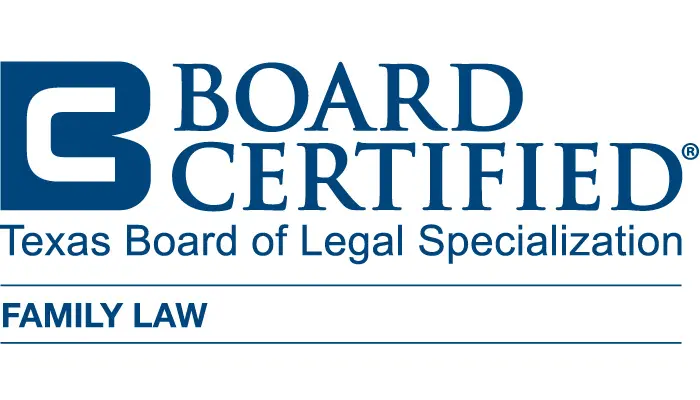
- Thomas L. Ausley 1980
- Thomas P. Goranson 1980
- Gary L. Nickelson 1984
- Kathryn J. Murphy 1995
- Diana S. Friedman 1996
- Kristen A. Algert 1997
- Thomas A. Greenwald 1997
- Eric Robertson 1997
- Kelly Ausley-Flores 2000
- Curtis W. Harrison 2002
- Cindy V. Tisdale 2003
- Jeff Shore 2006
- Clint Westhoff 2006
- Jeff Domen 2009
- Kristal Thomson 2009
- Angel J. Berbarie 2010
- P. Lindley Bain 2012
- Aimee Pingenot Key 2012
- Kevin Davidson 2017
- Charla Davies 2017
- Rob Frazer 2018
- Ryan R. Bauerle 2018
- Hayley Collins Blair 2019
- Lindsey Obenhaus 2019
- Katie Flowers Samler 2019
- Jonathan James 2020
- Chris Nickelson 2021
- Chandler Rice Winslow 2023
- Kristiana Butler 2024
- Cassidy Pearson 2024
- Angelica Rolong Cormier 2024














